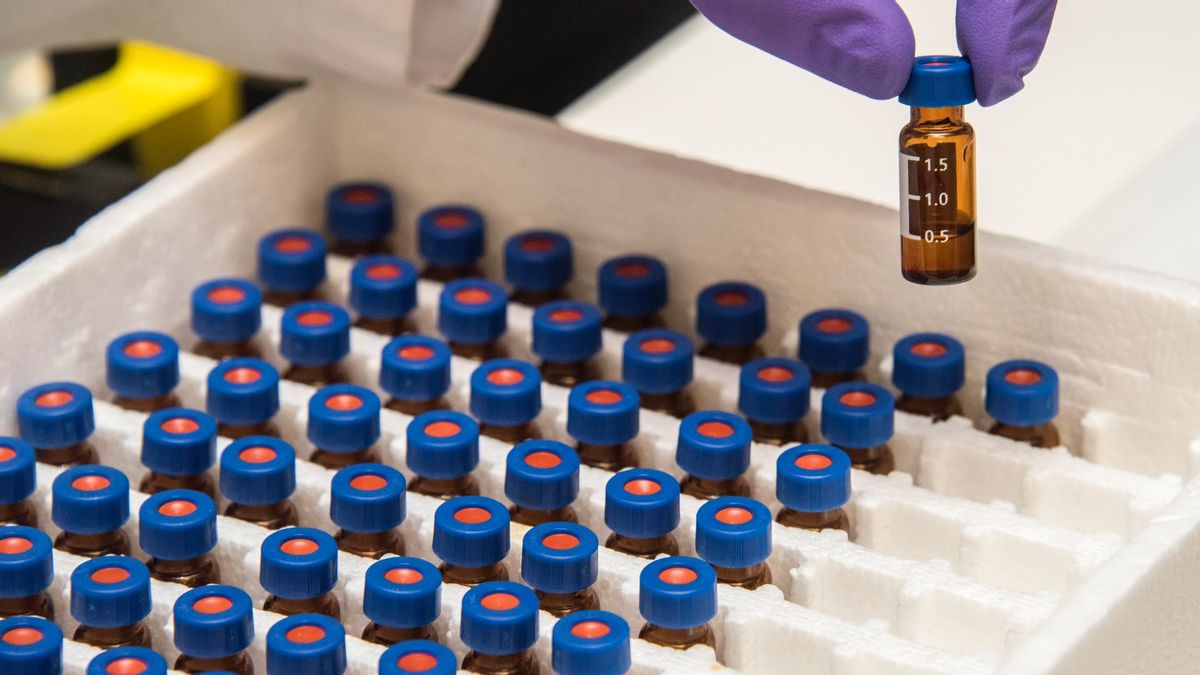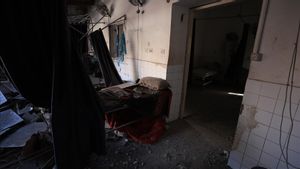JAKARTA - Gilead Sciences Inc (GILD.O) 's COVID-19 drug experiment, Remdesivir, reportedly failed to treat patients with severe COVID-19 in a clinical trial conducted in China for the first time. However, Gilead said the findings were inconclusive because the study was terminated early.
Launched by Reuters on Friday, April 24, in a trial in China, the drug was given through an intravenous infusion. However, it failed to improve the patient's condition or reduce the presence of pathogens in the bloodstream, according to a draft document published inadvertently by the World Health Organization (WHO). The document has now been deleted.
“The draft document was provided by the author to WHO and was accidentally uploaded on the website and deleted as soon as the error was discovered. The manuscript is being reviewed by peers and we are waiting for the final version before WHO can comment, "said WHO spokesman Tarik Jasarevic.
Gilead also said the report was lacking in detail and asked that it limit the interpretation of data that had not been fully reviewed. Gilead shares also fell 4.3 percent after the data was released.
The fall in Gilead's stock comes days after another report detailing rapid recovery in fever and respiratory distress symptoms in some patients with COVID-19 being treated with Gilead's Remdesivir at the University Hospital of Chicago Medicine.
There is currently high interest in Remdesivir as there is currently no approved preventive treatment or vaccine for COVID-19. Doctors desperately need anything that can change the spread of disease that attacks the lungs and can kill other organs in very severe cases.
In a report uploaded by the WHO by accident, it shows that the trial was conducted on 237 patients with 158 people receiving Remdesivir and 79 people receiving a placebo. The mortality rate was 13.9 percent for remdesivir versus 12.8 percent in the placebo group.
"This number is still not very large from the study and therefore the statistics that come out are not really that strong," said analyst Mizuho Salim Syed in a research note.
Gilead, in a statement said, the WHO report included an inappropriate characterization of the study and was discontinued early due to a low number of patients for trials. And as a result it cannot be used to make any statistically meaningful conclusions.
"The study results are inconclusive, although trends in the data suggest a potential benefit for Remdesivir, especially among patients treated early in the disease," Gilead said, without providing details to support that claim.
Doctors speculate that drugs like Remdesivir may be most effective when given as early as possible in the course of the disease because they are designed to help keep the virus from replicating in the blood.
"You can put out a campfire, but once it becomes a fire, it's hard to control," said Doctor Kevin Grimes, an infectious disease specialist at Houston Methodist Hospital.
David Katz, chief investment officer at Matrix Asset Advisors, which owns Gilead shares, notes that few clinical studies are still underway on remdesivir. Gilead is awaiting the results of a trial of Remdesivir in 400 hospitalized patients with severe COVID-19 and hopes the data needed will be available by the end of April. Previously remdesivir also failed as a treatment for Ebola.
The English, Chinese, Japanese, Arabic, and French versions are automatically generated by the AI. So there may still be inaccuracies in translating, please always see Indonesian as our main language. (system supported by DigitalSiber.id)










